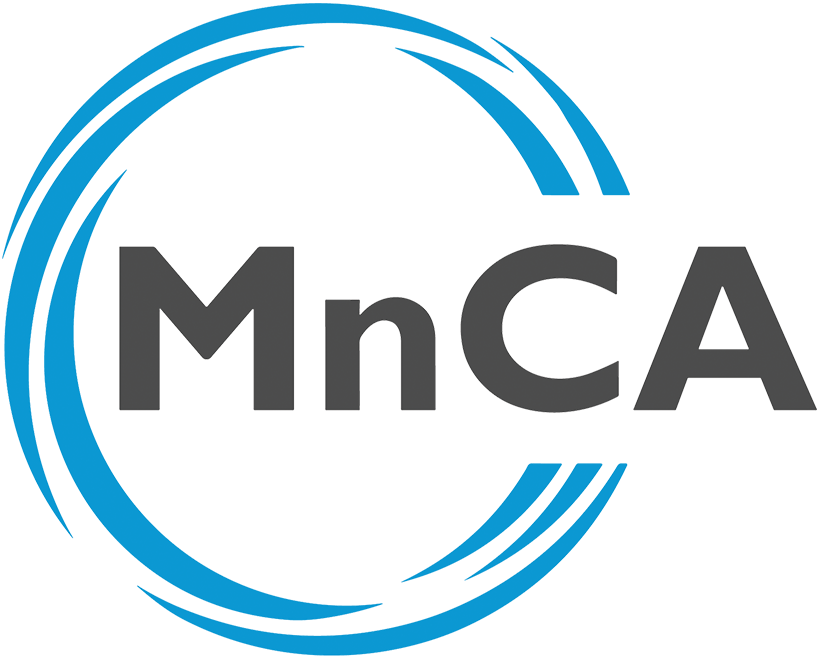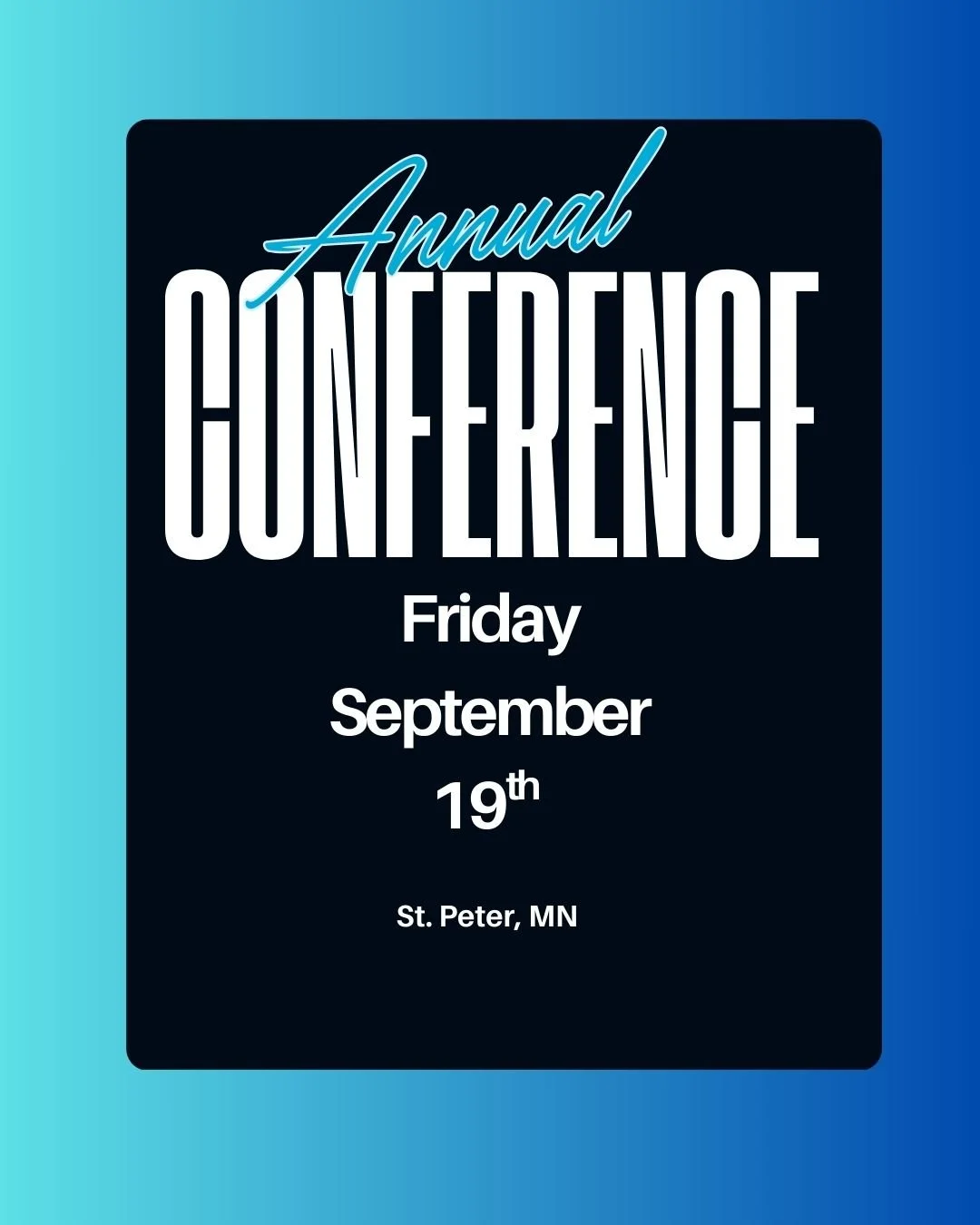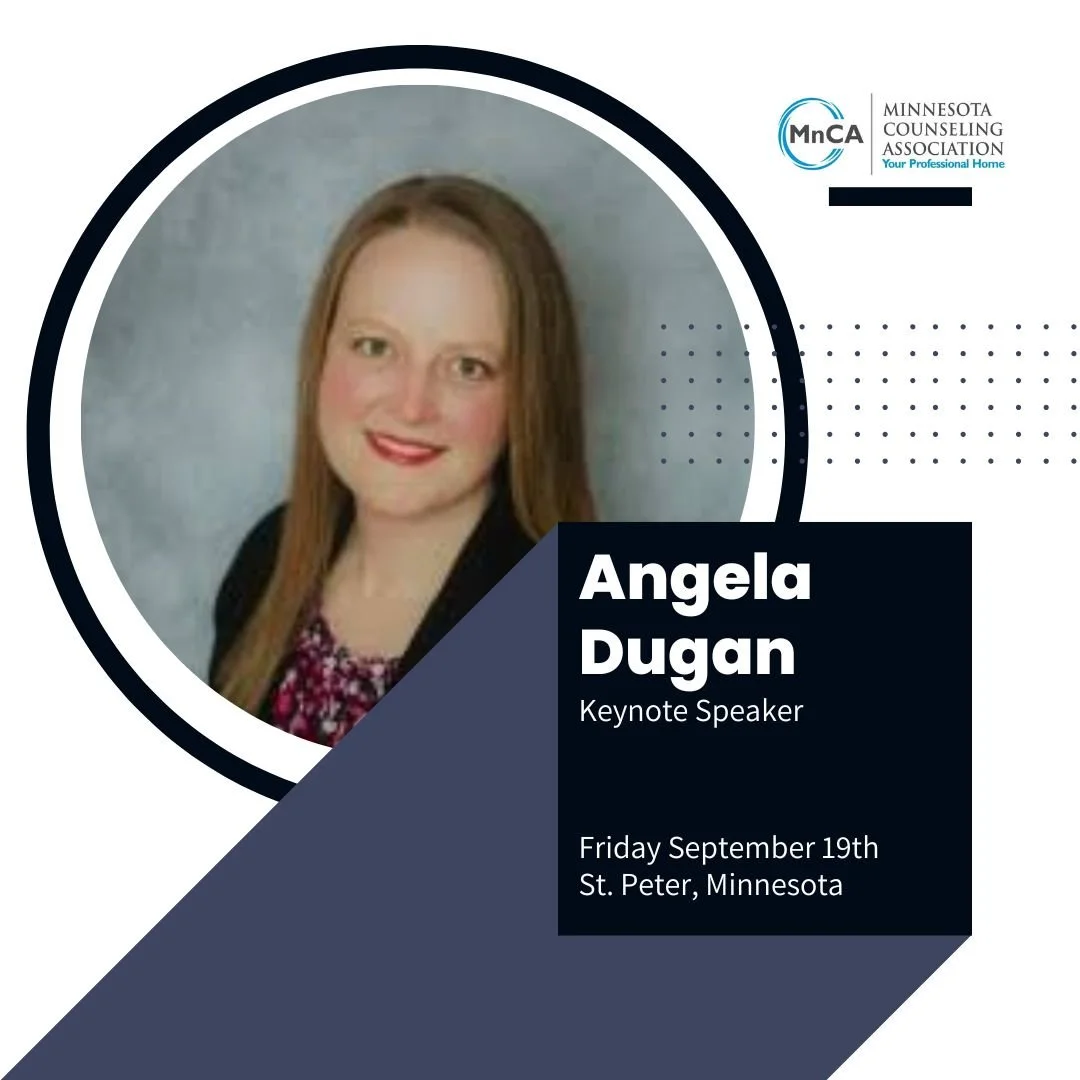Conference Program
Conference Program
The Important Parts of the day
8:00-8:25 Check in
Breakfast provided
11:30am Lunch Provided
4pm End of the Program
Download our current program here!
Professional Development
Keynote Speaker
Keynote Speaker
8:30am-10am
Reality is Relative: Supporting Clients Through Complex Challenges on the Road to Recovery
The treatment of individuals with serious mental illness is some of the most challenging work a clinician may encounter, but relatively few training programs include specific coursework and supervised experience in working with the SMI population. This lack of systemic training, combined with the array of challenges individuals diagnosed with SMI experience in community and inpatient settings, can make clinicians and systems hesitant to accept these individuals into therapy and more prone to place the primary treatment emphasis on prescribed medication. However, with mindful adjustments to therapeutic frame and the addition of team-based supports, individuals diagnosed with SMI can be supported in therapy to make measurable progress towards recovery.
Who’s gonna be there?
Breakout Sessions
-

10:15-11:15am
-

12:35-1:35pm
-

1:40-2:40pm
-

2:45-3:45pm
Breakout Options
Breakout Session #1
Creating Safe Spaces Through Art: Healing-Centered Engagement in Rural Communities, Suree Sompamitwong, B.A & Leah Gossom, PHD
-Describe the importance of creating safe, inclusive, and healing-centered spaces in rural communities through the arts.
-Examine real-world examples from Creative Healing Space that demonstrate how art can support mental health, connection, and collective healing.
Why It Is Time for The Board of Behavioral Health and Therapy To Revise and Update Their Entry-Level Licensing Requirements In The State of Minnesota, Christopher W. Anderson, Ed.D., LADC, LPCC; Shawn Tweten, Ph.D., LPCC, LMFT
Professional counseling has undergone significant evolution since its inception during the industrial revolution. Notably, Minnesota was the one of the last states to enact comprehensive regulations for professional counseling, with the establishment of the Licensed Professional Counselor licensure in 2003. However, it was not until 2007 that the recommended standards from the Mental Health Professional Licensing Standards Task Force led to the creation of the Licensed Professional Clinical Counselor license. In 2009, the Licensed Professional Clinical Counselor was further added to the Minnesota statute as a mental health professional. In 2024, the Minnesota legislature enacted the counseling compact, which has been instrumental in ensuring the consistency of counseling licensure standards in a national regulation minimum requirement. Since the initial creation of the licensure and the enactment of the counseling compact, there have been minimal legislative adjustments to maintain the alignment of Minnesota’s counseling licensure with national standards.
This presentation will delve into the perspective of licensed counselors regarding entry-level competency requirements in the state of Minnesota. It will review the national standards set for the privilege of practicing counseling, utilizing the counseling compact privileges for counselors from other states to practice within Minnesota and access Minnesota patients. The presentation will emphasize the significance of establishing and utilizing a jurisprudence exam to safeguard the public from providers practicing under the regulation of the Minnesota Board of Behavioral Health and Therapy. Furthermore, it will explore recommendations for legislative changes that could enhance the licensing community’s capacity and contribute to an increase in the number of licensed counselors within the state of Minnesota.
Anxiety Attacked, Matt Stiehm, Ed.D, MA. MS
As an individual who suffers from clinical anxiety, I struggle with it regularly, and at it's peak it has both crippled me, and enhanced my performance to near superhuman abilities. But in approaching treatment with clients of pure anxiety, I have developed an interesting approach straight forwards approach. Other therapist will get a peak into how this approach works. From the straight forward get r done attitude to timelines..
Breakout Session #2
Minnesota's Red Flag laws: Extreme Risk Protection Orders, Braden Hoefert, Nobles County Attorney
The presentation will cover what counselor's need to know about Minnesota's red flag laws, called Extreme Risk Protection Orders (ERPOs). It will the petition process, the hearing process, how ERPOs are enforced, and the statutory duties mental health professionals have under the statutes.
Parenting Under the Influence: Working with Substance Use in Families, Krista Schaefer, MA, LMFT, LADC & Ian McLoone, MPS, LPCC, LADC
In this presentation, we present best practices when working with adults who are using substances while parenting. We discuss mandated reporting considerations, child protection involvement, and how therapists can best navigate high risk situations related to substance use. We will also present the CRAFT model as a way for therapists to conceptualize their role in working with blended/complex family systems experiencing substance use.
Integrating Affinities: A Hands-On Workshop in Geek Therapy for Diverse Populations, Laura Russell-Reyna, MA, LPCC; Sherry L.M. Merriam, MA, LPCC-S
This interactive workshop introduces the Geek Therapy® Model, an affinity-based approach to psychotherapy that leverages clients' interests and popular media to enhance the therapeutic process. Drawing on their extensive experience working with neurodiverse individuals and diverse marginalized communities (including LGBTQ+, BIPOC, kink/BDSM, and ethically non-monogamous clients), presenters Laura Russell-Reyna, MA, LPCC, and Sherry Merriam, MA, LPCC-S, will guide participants through practical applications. Attendees will engage in hands-on activities, utilizing Geek Therapy tools and worksheets to identify client affinities and integrate them meaningfully and ethically into treatment plans. This session is designed for practitioners seeking to expand their therapeutic toolkit and connect with clients on a deeper, more authentic level, fostering engagement and therapeutic progress.
Breakout Session #3
Acronym Bingo & Beyond, Todd Monger, MA, LPCC, NCC
"Educators take something simple and make it complex; communicators take something complex and make it simple."
No matter your theoretical orientation acronyms serve as a great tool for our toolbox. Whether you are trying to keep PACE with your clients, help them with new TIPs, or sitting with them in the RAIN, mnemonics have supported both client and therapist. SIMPLE STEPS for SAD PERSONS don't always help them to STOP, but they are designed to be a tool to help clients IMPROVE, ACCEPT(S) and move forward. So, what are your go to acronyms? This session will be both collaborative and informative as you learn some new original outlines to guide your interventions and receive some take aways you can use with your next client.
The New Hero's Journey: applications for counselors and clients, Max Utterberg, PhD, LPCC
So, you became a therapist because you want to make a difference? And, you're saying that your clients want to feel good about themselves too? In today's world, it can feel increasingly difficult to not only make a difference, but also to make progress in therapy. So, this presentation's purpose is twofold: to awaken the hero/ine within you, and to awaken the hero/ine within your clients. Senses of competence, autonomy, and modern inspirations will be discussed
Beyond Childhood: Understanding Infant Mental Health and its Application to Adult Mental Health Care, Brooklyn Crawford, MS, LMFT
This presentation explores the foundational principles of early childhood mental health—particularly attachment theory and the value of dyadic regulation. Drawing from the presenter’s background in Child-Parent Psychotherapy (CPP), the session will highlight the importance of early relational experiences and how clinical intervention is utilized to develop strong dyadic relationships that will transcend a person’s childhood and shape adult emotional functioning. Further, the presenter will demonstrate how participants can utilize the knowledge of a two generational, developmentally informed approach in their care of adults, couples and families. Experiential learning will be utilized to support participants in deepening the understanding of the concepts and their application. This session is intended as an intermediate conversation regarding infant mental health concepts for mental health professionals, providers, licensed therapists and supervisors interested in expanding their understanding of the mental health of children and beginning the application of these concepts to adult mental health care.
Best Practices for Serving the LGBTQ+ Community,Nathan Grumdahl, DNP, MSN, APRN, PMH, PMHNP-B
This presentation focuses on mental health clinician preparedness in supporting populations of LGBTQ+ patients and considers the framework put minority stress impacting mental health outcomes as well as historical and current contextual factors which can play a role in mental health outcomes for this population. A version of this presentation has been given twice before including previously on a national level with over 4500 mental health clinicians in attendance. The author of this presentation works as a prescriber supporting this population and is also a published researcher in LGBTQ+ mental health across the lifespan.
Breakout Session #4
The impact of spirituality in the recovery process. -Henry N. Scere, II M.Div., MA, LADC
The spiritual aspect of recovery is crucial! Spirituality is a personal journey of discovering yourself. Spirituality is about helping the client stay sober and not relapse due to poor judgment. This involves assisting the client in maintaining a strong value system or developing positive morals. Spirituality is concerned with the client's thought process, emotional coping skills, and personhood (soul, spirit, and material being). Spirituality is a self-care process that involves activities that turn the client’s attention inward to help them reconnect with themselves.
Exploring Parental Perspectives on Family Dynamics Amid Excessive Video Gaming-Joey Collins, PhD LPCC
Excessive video gaming among youth has been associated with significant disruptions in family dynamics, including reduced quality time and increased withdrawal from family activities. While quantitative research has established a link between excessive gaming and negative family impacts, there remains a need to understand parents' perspectives on this issue. This study sought to explore these perceptions through semistructured interviews with 12 parents, analyzed using thematic analysis. The findings revealed that parents noted various disruptions in family, social, and academic spheres due to their children's gaming habits. To combat excessive gaming, parents implemented strategies such as setting strict time limits and requiring the completion of chores or homework before gaming, with mutual support between parenting partners playing a crucial role. Ultimately, the study aims to foster positive social change by equipping mental health professionals with insights to better assist families facing challenges related to excessive video gaming.
DBT: It’s More Than Skills, Tammy Tucker, MA, LPCC & Andrea Yeager, LPCC, LADC
DBT is a well-known intervention but many therapists only know about the DBT skills of distress tolerance, mindfulness, emotion regulation, and interpersonal effectiveness. DBT is an evidence-based intervention that is effective for depression, substance use disorder, eating disorders, suicidal and self-harm behaviors, PTSD, biopolar, and personality disorders. In this presentation, we will outline some of the goals and strategies of DBT, the stages of DBT, and hierarchy of targets.
Therapy for Late-Diagnosed Neurodivergent Adults: Responsive Care, Practical Supports, and Ethical Considerations in a Shifting Social Landscape, Amber Priestley, LMFT
This seminar equips therapists with practical tools and ethical frameworks for effectively supporting late-diagnosed neurodivergent adults. Participants will gain deeper insight into the lived experiences of autistic and ADHD clients, develop identity-affirming treatment strategies, and learn how to adapt interventions to meet sensory, cognitive, and relational needs.
Through exploration of ethical dilemmas, therapist self-disclosure, and inclusive care practices, attendees will enhance their clinical judgment, improve attunement, and strengthen their ability to provide competent, culturally responsive therapy in today’s evolving social context.


